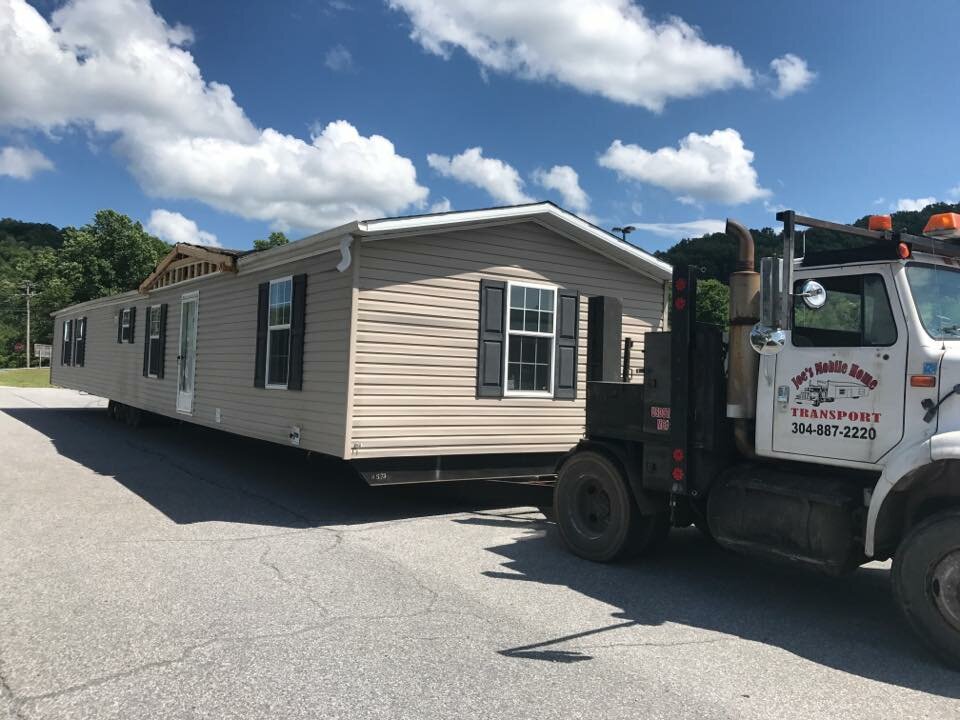The thought of moving a mobile home on your own might seem daunting, but with careful planning and the right information, it can be a feasible and cost-effective endeavor. In this comprehensive guide, we’ll explore the factors to consider, the steps involved, and the do’s and don’ts of moving a mobile home yourself.
Understanding the Challenges
Moving a mobile home is a complex process that involves various challenges, from legal considerations to technical aspects. Before deciding to move a mobile home yourself, it’s crucial to understand the potential challenges:

Moving a mobile home
- Legal and Permits:
- Check local regulations and permits required for moving a mobile home. Different states and municipalities have specific rules regarding the relocation of mobile homes, and failure to comply can result in legal issues.
- Equipment and Tools:
- Moving a mobile home requires specialized equipment such as a mobile home transporter, tow vehicle, and jacks. Assess whether you have access to or can rent the necessary tools for the job.
- Condition of the Mobile Home:
- Evaluate the structural integrity of the mobile home. If it’s in poor condition, moving it may cause further damage. A professional inspection can help determine if the home is suitable for relocation.
- Utility Disconnection:
- Disconnecting and reconnecting utilities like water, electricity, and gas is a crucial step. Ensure you understand the process and have the necessary permits for utility disconnection.
The Do’s of Moving a Mobile Home Yourself
- Research Local Regulations:
- Familiarize yourself with local laws and regulations governing the moving of mobile homes. Obtain the necessary permits and approvals from local authorities.
- Hire Professional Inspectors:
- Before attempting to move the mobile home, hire professional inspectors to assess its structural integrity. Identify any issues that may arise during the move and address them beforehand.
- Secure the Right Equipment:
- Ensure you have access to or can rent the required equipment, including a mobile home transporter, tow vehicle, and jacks. Confirm that the equipment is in good condition and meets safety standards.
- Create a Detailed Moving Plan:
- Plan the move meticulously. Create a detailed schedule, outlining each step of the process, from disconnection of utilities to the final set-up at the new location.
- Notify Utility Providers:
- Contact utility providers well in advance to schedule the disconnection and reconnection of services. Ensure compliance with local regulations and obtain any necessary permits.
The Don’ts of Moving a Mobile Home Yourself
- Underestimate the Complexity:
- Moving a mobile home is a complex task that requires careful planning and execution. Don’t underestimate the challenges involved, and be realistic about your abilities and resources.
- Skip Professional Inspections:
- Avoid skipping professional inspections. A thorough assessment of the mobile home’s condition can prevent unexpected issues during the move and ensure the safety of the structure.
- Ignore Safety Protocols:
- Safety should be a top priority. Follow all safety protocols and guidelines during the move. Use proper protective gear and equipment to minimize the risk of accidents.
- Neglect Permits and Regulations:
- Neglecting permits and regulations can lead to legal consequences. Don’t proceed with the move without obtaining the necessary approvals from local authorities.
- Attempt the Move Alone:
- Moving a mobile home is a team effort. Don’t attempt to move it alone. Enlist the help of experienced professionals or individuals with relevant expertise to ensure a smooth and safe relocation.
Final Thoughts
While moving a mobile home yourself is a challenging task, it can be accomplished with careful planning, adherence to regulations, and a commitment to safety. Before embarking on this journey, thoroughly research local laws, assess the condition of the mobile home, and secure the right equipment. By following the do’s and avoiding the don’ts outlined in this guide, you can increase the likelihood of a successful and stress-free move. Remember, when in doubt, consult with professionals who specialize in mobile home relocation to ensure a smooth and efficient process.
See Also:
- A Comprehensive Guide on How to Insulate Your Mobile Home
- Navigating Mobile Home Renovation Costs in 2024: Single-Wides vs. Double-Wides
- A Comprehensive Guide on Mobile Home Additions
- 8 Reasons Why Being a Mobile Home Sales Agent in Florida is a Lucrative Side Hustle
- All-Age vs. Age-Restricted Mobile Homes in Florida: Navigating the Differences

